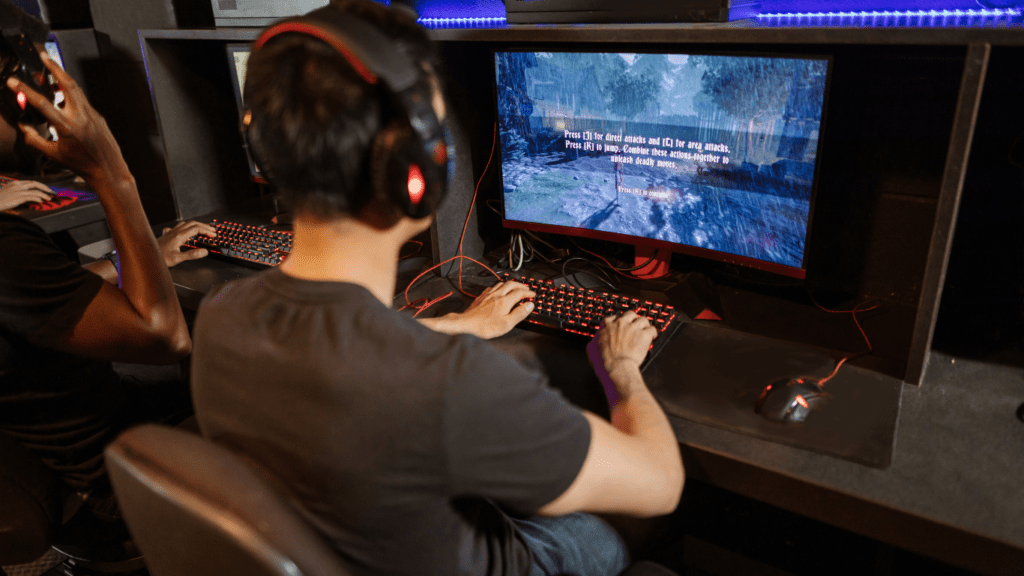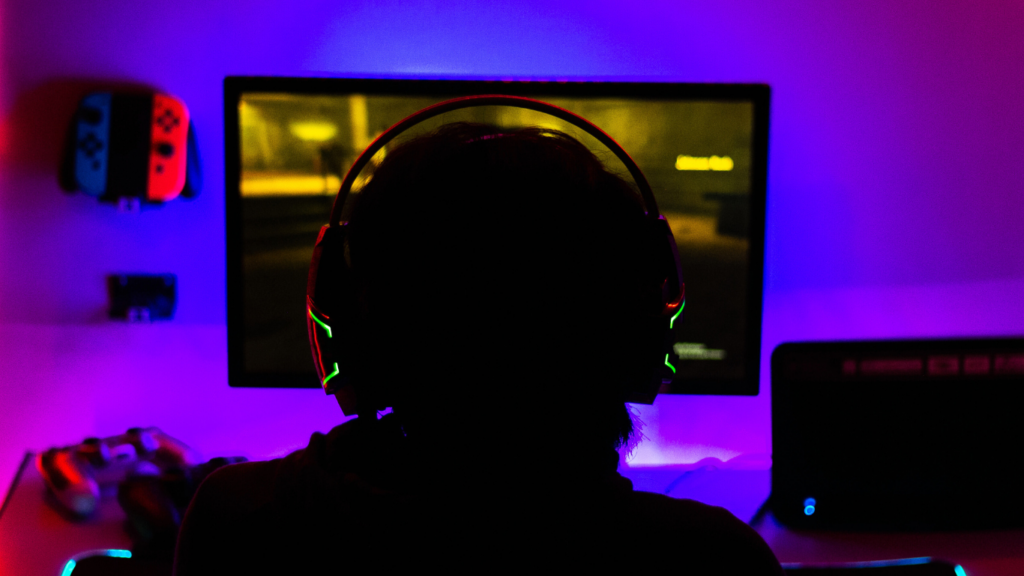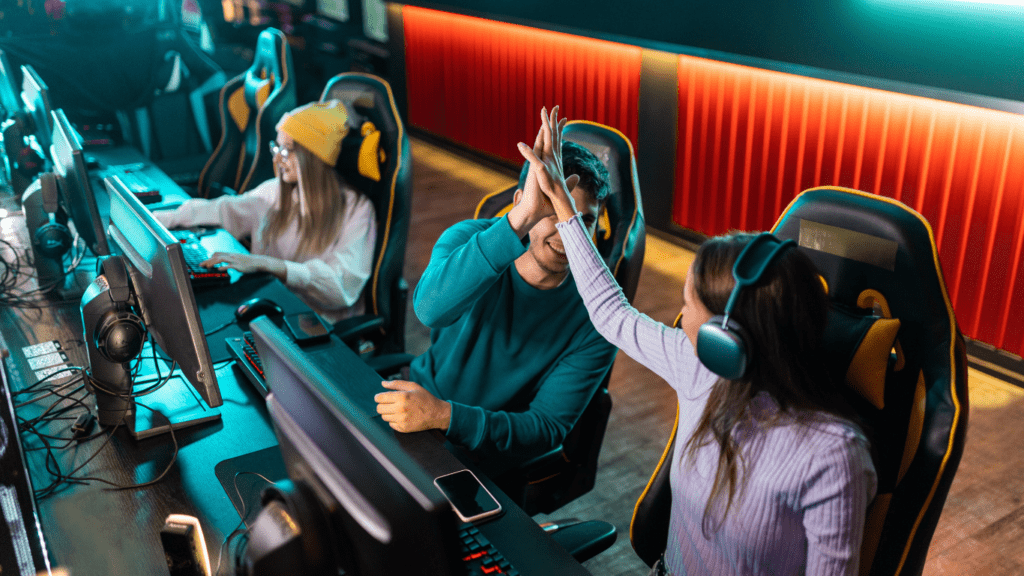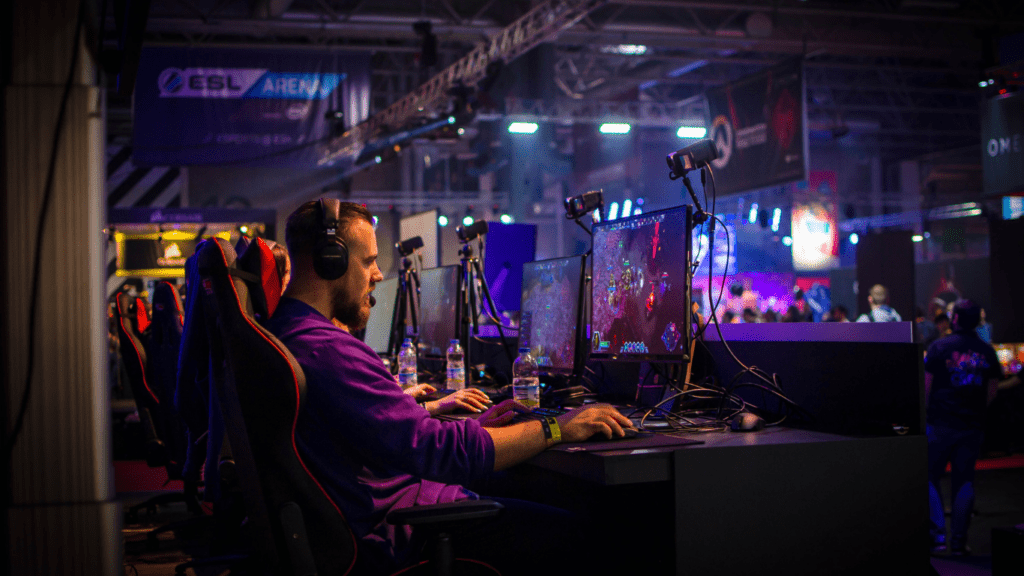Esports isn’t just about playing games—it’s about mastering the art of competition. When I first stepped into the world of competitive gaming, I quickly realized that raw talent wasn’t enough to succeed. It takes a combination of strategy, discipline, and adaptability to truly stand out in this fast-paced arena.
The Rise Of Esports: A Global Phenomenon
Esports has transformed from niche competitions into a multi-billion-dollar global industry. With revenue surpassing $1.6 billion in 2023 and audiences exceeding 532 million people worldwide, it commands widespread attention. Games like League of Legends, Dota 2, and CS:GO draw millions of viewers and participants annually.
Technological advancements, including faster internet connectivity and innovative streaming platforms, have fueled this rapid expansion. Platforms like Twitch and YouTube Gaming enable players to reach audiences globally, breaking geographic barriers. This accessibility has turned casual gamers into stars and spectators into active fans.
Professional leagues and tournaments now resemble traditional sports in scale and organization. Events such as The International, with prize pools exceeding $40 million, demonstrate esports’ financial impact. Sponsorships from major brands like Intel and Red Bull have further legitimized competitive gaming.
Esports thrives due to its community-driven nature. Fans engage through live streams, social media discussions, and themed content creation. This interconnected culture fosters rapid growth and sustains its momentum as a worldwide phenomenon.
Building A Strong Foundation For Competitive Play
Establishing a solid base is crucial for excelling in competitive esports. The process starts with making strategic choices and consistently improving essential skills.
Selecting The Right Game And Role
Choosing a game that aligns with my interests and strengths maximizes engagement and performance. Popular games such as League of Legends, Valorant, and Fortnite each cater to different play styles, including:
- strategy
- teamwork
- fast reflexes
I focus on understanding the competitive landscape and ensuring that the game I select has active esports leagues and supportive communities.
Once I pick a game, identifying a suitable role within its framework is equally critical. For team-based games like Dota 2, player roles such as Carry, Support, or Tank demand different skill sets. I evaluate my abilities to determine where I can contribute most effectively to my team’s success, ensuring specialization for mastery rather than spreading myself too thin.
Understanding Core Mechanics And Game Knowledge
Mastering the fundamental mechanics directly impacts performance. For first-person shooters like CS:GO, this includes aim precision, movement, and weapon control. In strategy-based games, core skills such as resource management and macro decision-making are priorities. I dedicate time to practicing these basics in controlled, repetition-focused environments.
Staying informed about game updates and strategies is equally important. I track patch notes and analyze meta changes in games like League of Legends, where balance adjustments frequently reshape viable strategies. Consistently studying professional gameplay also provides insights into advanced techniques and decision-making processes, helping me adapt to evolving competitive trends.
Developing Winning Strategies

Mastering competitive play demands strategies that adapt to dynamic environments and elevate team synergy. I focus on actionable tactics that lead to consistent success in tournaments.
Effective Team Communication
Clear and consistent communication enhances team performance during intense matches. I prioritize discussing strategies, sharing enemy positions, and coordinating timing for attacks or defense. Predefined callouts and efficient use of in-game voice or chat systems reduce confusion. I also practice active listening, ensuring I respond quickly to teammates’ needs.
To avoid miscommunication under pressure, I maintain a calm tone and use concise phrases. For example, when playing CS:GO, I call out precise enemy locations like “mid AWP near double doors” instead of vague descriptions. This precise approach builds trust and keeps the team aligned.
Tactical Adaptability And Decision Making
Successful players react effectively to unpredictable game scenarios. I analyze opponents’ patterns and adjust my tactics mid-game. For example, if an enemy team in League of Legends repeatedly invades my jungle, I adapt by setting defensive wards and regrouping in contested areas.
Quick, informed decisions rely on thorough game knowledge and situational awareness. I track resources like cooldowns and economy to exploit weaknesses. During tournaments, I focus on identifying winning conditions—whether it’s splitting lanes in MOBAs or securing key objectives in battle royale games—to adjust the team strategy accordingly.
Mastering The Mental Game
Excelling in esports requires mental resilience as much as technical skill. Balancing focus, pressure, and consistency determines performance under competitive conditions.
Managing Stress And Pressure
- Stress management is essential during high-stakes matches.
- I implement pre-match routines like deep breathing exercises or mindfulness techniques to keep composure.
- Practicing under simulated tournament conditions helps adapt to time constraints and adversarial pressure.
- Identifying triggers like negative feedback or in-game setbacks allows better control over emotional responses. For example, when facing a tough opponent in League of Legends, I focus on breaking their strategy into manageable segments rather than dwelling on mistakes.
- Balanced sleep schedules and healthy nutrition further mitigate stress, ensuring optimal mental clarity.
Maintaining Focus And Consistency
Consistent focus sharpens decision-making and execution. Short, structured practice sessions of 60–90 minutes with breaks prevent burnout and sustain engagement. I prioritize eliminating distractions by maintaining a dedicated, clutter-free gaming space.
Tracking personal improvement builds reliable habits. For instance, I review replays after matches, noting repetitive errors like premature ability usage, and focus on correcting them during training. If unexpected events disrupt focus, I stay grounded by redirecting attention to immediate tasks or objectives within the game.
Maintaining regimented schedules and incorporating positive reinforcement promotes consistency, ensuring peak performance across multiple games or tournaments over time.





